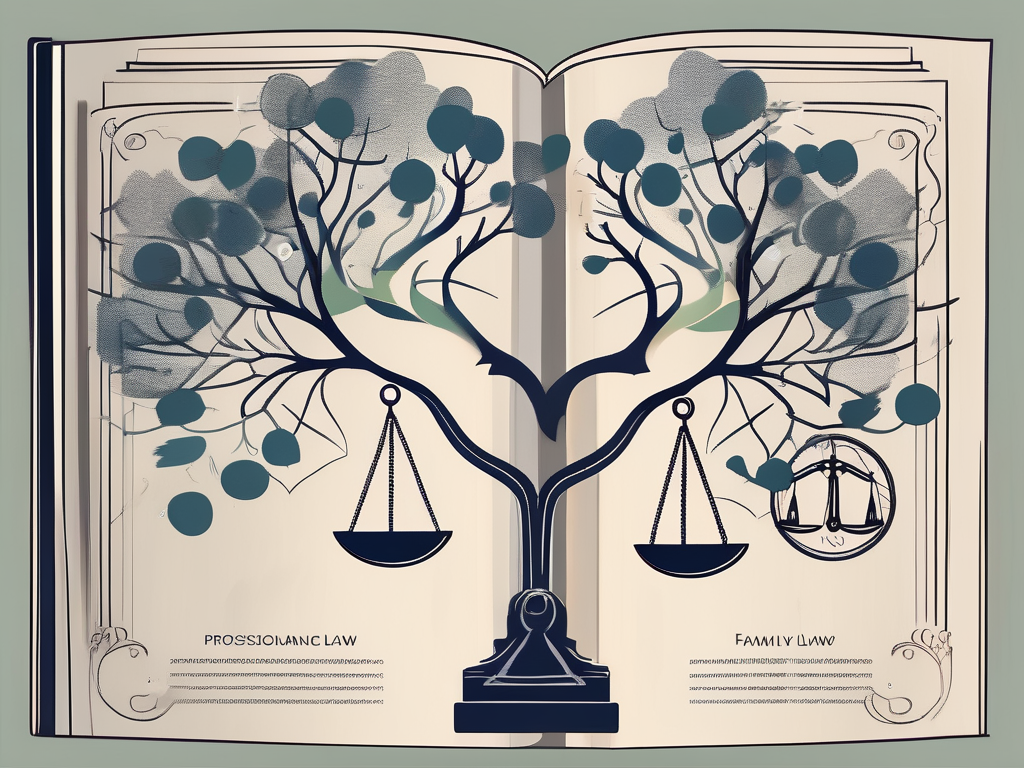Crafting a Solid Divorce Strategy for a Smooth Transition
Emphasizing the Importance of a Well-Crafted Divorce Strategy for a Smooth Transition
How to Get Through a Divorce Easily
Divorce often comes with great emotional turmoil and significant changes in daily life. You can manage this time better with the right strategy and support network.
- Hire an Experienced Divorce Lawyer
- A good family lawyer or one specializing in divorce law will guide you through the legal process. They will help you understand your rights and the laws applicable to your divorce. Legal assistance can also help with practical matters such as filing divorce documents and establishing a custody arrangement.
- Organize Your Finances
- Understanding your financial status, including assets, debts, bank balances, credit card statements, and tax returns, is crucial for effective asset division.
- This information will significantly impact your divorce settlement and future financial prospects. A Certified Divorce Financial Analyst can offer valuable advice on managing cash flow, financial planning, and addressing alimony considerations, ensuring spousal support is fairly assessed.
- Maintain Your Mental Health
- A good therapist or support group is beneficial during this time. It’s important to remember that surviving the divorce is not the only goal; you must also prepare for life after it.
Top Considerations for Your Divorce Strategy
Considering a Divorce Mediator
A divorce mediator with experience can maintain peace if both parties are on good terms and have similar goals for the future. A collaborative approach will prevent situations that pit you and your spouse against each other, ensuring a non-confrontational mediation process. Online platforms can also help navigate this process, serving your children’s best interests.
Creating a Co-Parenting Relationship
Even though you are no longer married, your children remain your responsibility, and your family remains intact through a carefully crafted shared custody plan. Establishing custody arrangements and boundaries is crucial to minimize conflict and show your children you are still a team. It’s important to maintain a positive relationship with the other parent, as this can significantly impact your children’s well-being and adjustment to the divorce.
Documenting a Separation Agreement
A well-documented separation agreement brings clarity. Avoid the “he said, she said” scenario by writing down everything related to your divorce settlement. Documenting your parenting plan is also beneficial, protecting your children from disputes.
Managing Emotions and Finances
Grieving the Separation
It’s natural to feel sad about the end of a relationship, even if you were the one who advocated for the divorce. Recognize your feelings and give yourself time to heal.
Finding Your Unique Voice
Regaining emotional strength is essential for you and your kids. A journal is a great way to track healing and explore emotions.
Communicating With Your Children
Give your children a voice to help them feel more secure during this significant change. Talk to them about how they think and how their life will be during and after the divorce.
Sorting Separation Finances
Knowing your financial situation will help you start your new life with a strong foundation. Examine your financial records, including income, expenses, and assets, and create a budget for the future.
Moving Forward After Divorce
Meeting New People
Do not be afraid to reinvent yourself and create new relationships. It’s okay to be single now and focus on your growth.
Creating a Bucket List
Divorce is an opportunity to rediscover your passions. Engage in activities that bring you joy because a happier parent is more loving.
Seeking Professional Help
Seeking Professional Help: you Are Not Alone on This Journey
Looking Forward, Not Back
Cherish your happy memories, but focus on making new ones. Divorce can be difficult, but it’s a time for growth and self-discovery.
Final Thoughts
Going through a divorce is undoubtedly stressful and challenging, but you do not have to do it alone. A well-crafted divorce strategy will guide you through the legal issues, minimize emotional turmoil, and help you move forward confidently.
Spring Cleaning After Divorce
Focus on becoming more robust and ready to take on life after divorce. Retain a family law or divorce lawyer, take care of your mental health, and rely on friends or support groups. Managing your financial future is a crucial part of your Separation Plan, including spousal maintenance, taxes, division of assets, and debts.
Before embarking on this journey, mentally and emotionally prepare yourself. Use this process as an opportunity to write the next chapter of your life. Ask for help, be informed, engage in the mediation process if you can, and ensure the well-being of your children. Embrace the resources available to you for a brighter future.
Conclusion
What is the best way to get through a divorce? A comprehensive Separation Plan can provide guidance and support.
Divorce can have a significant impact on your financial and mental health. Most people don’t expect to deal with such a substantial change, but with the right support system and divorce strategy, you can move past this challenging time.
First, engage in legal representation to understand your legal rights and the divorce process. A competent divorce attorney or Certified Divorce Financial Analyst can make a big difference when evaluating alimony agreements. They can help you navigate the legal system, prepare divorce papers, and offer practical solutions.
Second, address all financial aspects of divorce. You are understanding your finances, including bank accounts, credit cards, car loans, and marital assets. Your divorce attorney can assist you in planning your financial future, including potential spousal support, such as alimony, child support, and the sharing of assets and debts.
Child custody is a significant concern if there are children involved. The kids’ divorce should be as smooth as possible, involving mediation, custody agreements, and ensuring the other parent remains present.
Lastly, Maintaining Your Emotional Health: You Deserve Care and Support
Every divorce case is unique, and a personalized Separation Plan ensures what works for you may not work for someone else. Be honest about your concerns and desires with your attorney, especially concerning financial aid, and yourself. With the right resources and support team, you can successfully navigate this process


